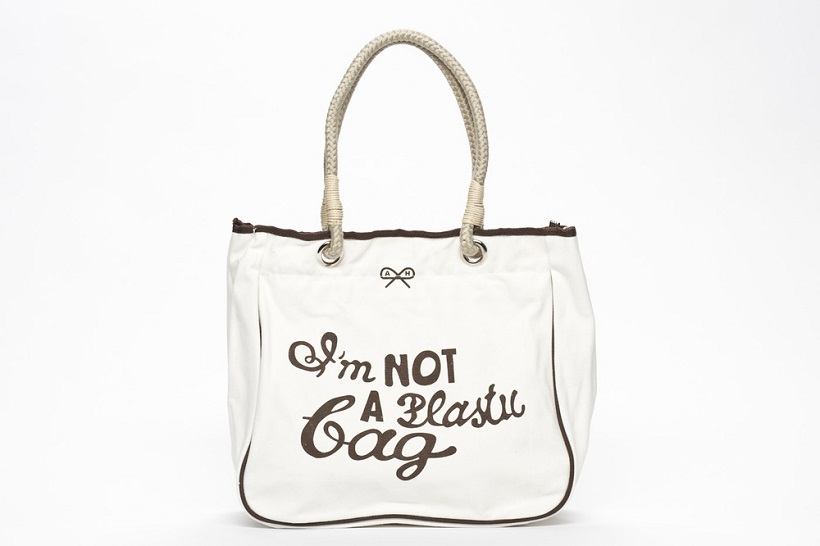Today is World Environment Day. And to celebrate the occasion, Australians’ favourite oligopolies — Coles and Woolworths — are doing a neat spot of public relations and virtue-signalling.
The supermarkets’ announcements of new ‘green’ initiatives, made with much fanfare and back-patting, are fairly predictable: cutting food waste, phasing out single-use plastic bags and reducing plastic packaging.
Never mind the inconvenient truth that reducing the use of plastics does not necessarily help the environment. We know the environmental benefits largely depend on what we replace plastics with. After all, a cotton bag must be used potentially hundreds of times to have less environmental cost than a basic plastic bag.
The doubtful benefits of popular green initiatives are precisely why governments should refrain from intervention, especially where the solutions to negative externalities — such as pollution caused by plastic bags — are not clear-cut. And this includes the nonsensical and futile plastic bag bans that state and territory governments are so fond of.
Environmental policies that are freely initiated by businesses — even if based on dubious evidence — are still preferable to clumsy government intervention. This is because businesses ultimately exist to serve consumer demands.
If consumers are swayed by emotionally-manipulative photos of plastic-infested rivers in Manila, then it can be perfectly rational for a business to exploit that emotion for commercial gain. It is a case of free markets working as they should for consumers.
But what if Coles and Woolworths are motivated by green ideology, rather than what consumers want? As long as the major supermarkets remain accountable to their shareholders, then we can be certain that commercial interests will win in the long-run.
And this means serving the interests of consumers — whether those interests are plastic-packaged groceries or saving the world, one calico bag at a time.
Eugenie Joseph is a senior policy analyst at The Centre for Independent Studies.
Illustration: eBay.
Got something to add? Join the discussion and comment below.
Got something to add? Join the discussion and comment below.
Get 10 issues for just $10
Subscribe to The Spectator Australia today for the next 10 magazine issues, plus full online access, for just $10.


























Comments
Don't miss out
Join the conversation with other Spectator Australia readers. Subscribe to leave a comment.
SUBSCRIBEAlready a subscriber? Log in